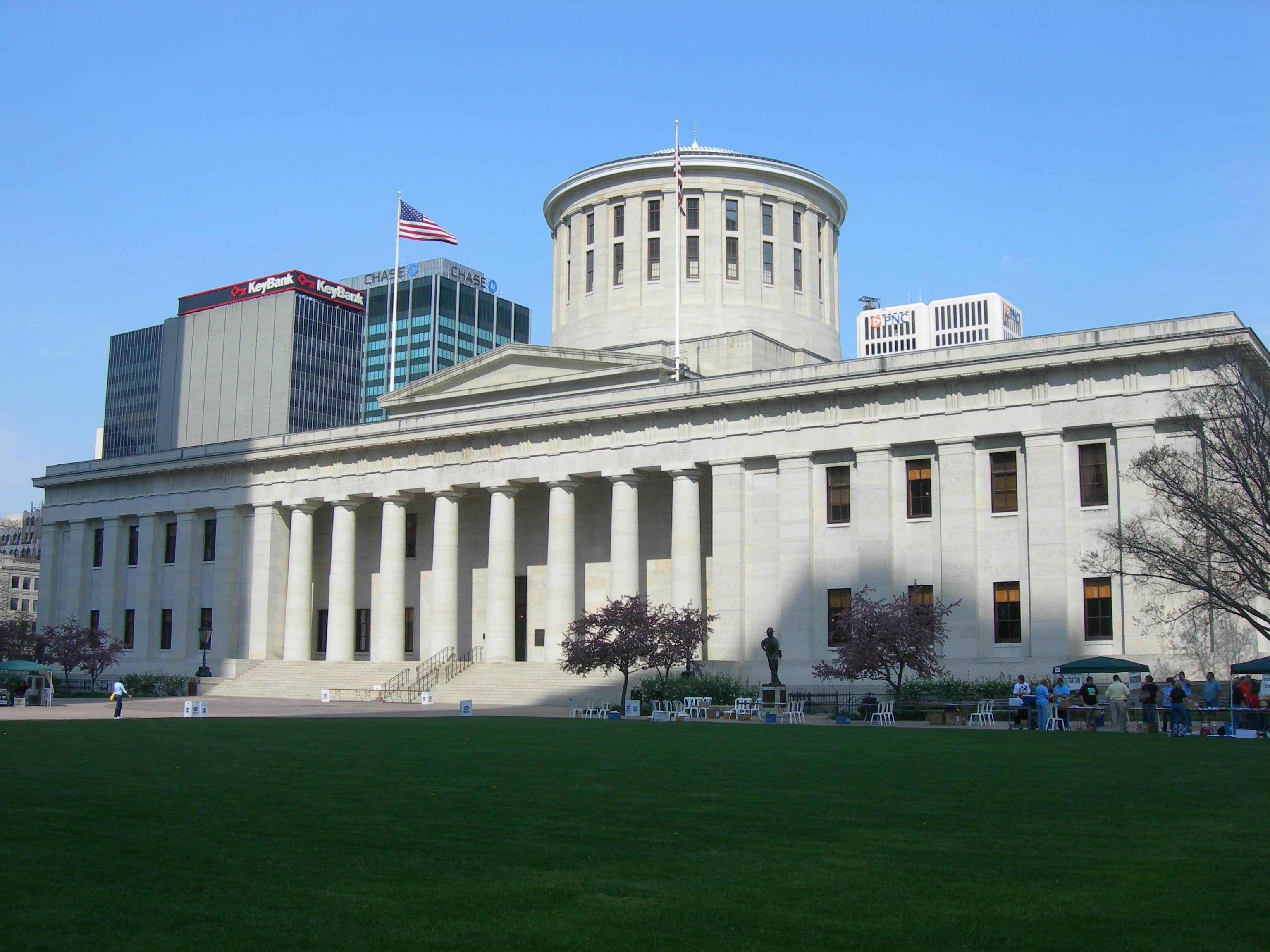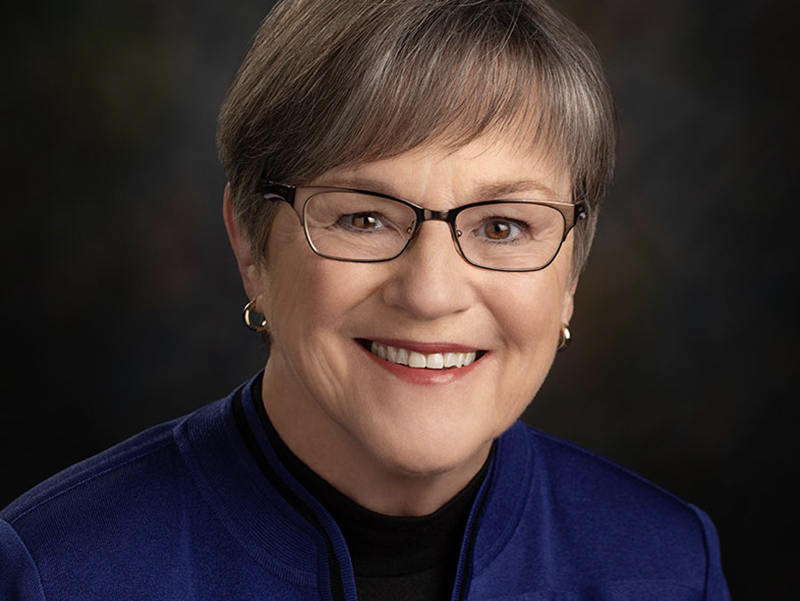Texas court blocks Gov. Abbott’s anti-transgender order
Judge Amy Clark Meachum called Abbott's actions "beyond the scope of his duty and unconstitutional."

A Texas state judge has ruled that the Texas Department of Family and Protective Services cannot continue to investigate parents of transgender children for “child abuse” simply because they have allowed their children to receive gender-affirming medical care.
On Friday, State District Judge Amy Clark Meachum issued an injunction blocking DFPS from contenting to enforce a directive from Republican Gov. Greg Abbott ordering the department to investigate instances where children are believed to have received hormones either to assist in a gender transition or delay the development of secondary sex characteristics that happens during puberty. The injunction will remain in place until a court rules on the case on its merit.
Abbott issued the directive based on a non-binding legal opinion by Texas’ Republican Attorney General, Ken Paxton, who asserted that surgical interventions (which are rarely performed on children under 18) and hormonal interventions could constitute “abuse,” on the grounds that allowing minors who cannot consent to gender-affirming care to obtain such treatments would violate a child’s right to procreate.
In response to Abbott’s actions, the American Civil Liberties Union and Lambda Legal sued the state on behalf of a DFPS employee who has been investigated by the state and suspended from her job because her daughter is transgender, as well as Megan Mooney, a licensed psychologist who says she cannot comply with the governor’s directive without harming her clients and violating her ethical obligations.
Last week, Meachum granted a temporary restraining order prohibiting DFPS from investigating the family in question, but DFPS confirmed that it has launched at least nine investigations into families suspected of aiding their children in obtaining gender-affirming medical care ever since Abbott issued his directive, according to The Dallas Morning News.
Lawyers for the plaintiffs sought an injunction that would block DFPS from investigating all parents of transgender youth in the state, who are now at risk of having their children removed from home or slapped with abuse charges by overzealous county prosecutors.
At least five county prosecutors have explicitly said they will not pursue charges against well-meaning parents, but that raises questions about whether prosecutors in the state’s remaining 249 counties are actively pursuing charges against parents with transgender children.
A lawyer for the state argued that opening a child abuse investigation into a family is not necessarily evidence of harm, arguing that it would be overreach for “the judicial branch to infringe on the executive branch’s ability to perform such a critical task as ensuring the welfare of the state’s children.”
Following a day of testimony and oral arguments, Meachum found that there is a “substantial likelihood” that lawyers representing the plaintiffs will prevail in getting Abbott’s directive overturned, calling the governor’s actions “beyond the scope of his duty and unconstitutional.”
Among those testifying before the court were Randa Mulanax, an investigative supervisor with DFPS who has decided to resign after six years with the agency as a result of Abbott’s order.
“I’ve always felt that, at the end of the day, the department had children’s best interest at heart,” she said, according to The Texas Tribune. “I no longer feel that way.”
Mulanax added that child abuse investigations into families with transgender children are being held to a different standard than other investigations. For instance, employees are banned about communicating with colleagues about the cases via email or text message, which she described as unusual and “unethical.” It was unclear from her testimony whether the ban on communication was intended to avoid a paper trail.
Mulanax also said that investigators have been told they cannot mark these cases as “priority none,” a designation DFPS staffers use to indicate a report does not merit investigation, and must alert department leadership and the general counsel whenever they’re working on a case involving a transgender child.
A lawyer for the state asked Mulanax if any transgender children have been removed from their homes or taken off medication as a result of the investigations. She replied that the cases have not been resolved, although to her knowledge, no such actions have happened yet.
The Trevor Project, the world’s top suicide prevention and crisis intervention organization for LGBTQ youth, praised Meachum’s decision to issue the injunction.
The organization noted in a press release that past surveys it has conducted show that more than half of transgender and nonbinary youth have seriously considered suicide in the past year, but those who have accepting parents report lower rates of suicidal ideation.
Additionally, a 2021 peer-reviewed study by The Trevor Project’s researchers, published in the Journal of Adolescent Health, found that transgender teens who received gender-affirming hormone therapy reported a 40% lower incidence of depression and past-year suicide attempts.
“The Trevor Project is relieved that the District Court of Travis County did the right thing and recognized the unlawfulness of the governor’s politically-motivated directive,” Sam Ames, the director of advocacy and government affairs for The Trevor Project, said in a statement.
“While we hope Texas families can rest easier tonight, this fight is not over. No loving parent or ethical doctor should live in fear of doing the right thing by the transgender or nonbinary youth they care for. We will keep fighting with a broad coalition of partners in Texas until the day these investigations are terminated for good, and every young person, no matter their gender identity, knows they are safe, supported, and loved just the way they are.”
Support Metro Weekly’s Journalism
These are challenging times for news organizations. And yet it’s crucial we stay active and provide vital resources and information to both our local readers and the world. So won’t you please take a moment and consider supporting Metro Weekly with a membership? For as little as $5 a month, you can help ensure Metro Weekly magazine and MetroWeekly.com remain free, viable resources as we provide the best, most diverse, culturally-resonant LGBTQ coverage in both the D.C. region and around the world. Memberships come with exclusive perks and discounts, your own personal digital delivery of each week’s magazine (and an archive), access to our Member's Lounge when it launches this fall, and exclusive members-only items like Metro Weekly Membership Mugs and Tote Bags! Check out all our membership levels here and please join us today!



























